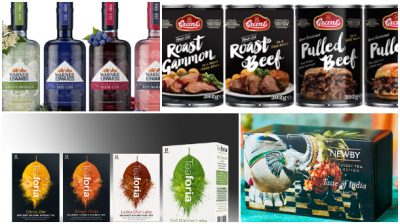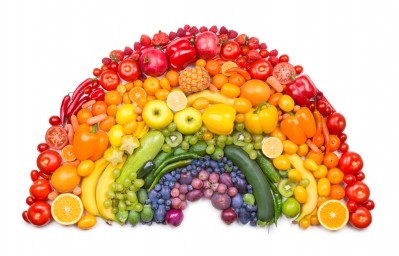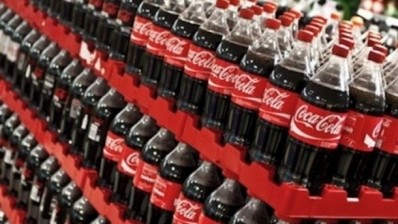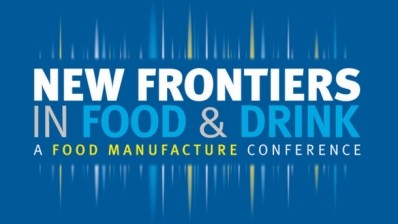Innovation Conference
Crowdsourcing ‘new normal’ for product development
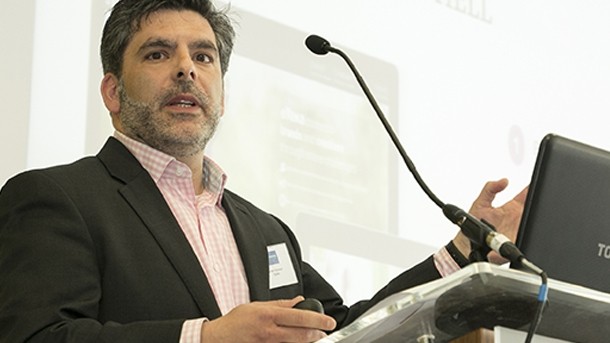
Julian Coleman, global business director at eYeka, said 85% of the top global brands had used some kind of crowdsourcing in the past decade, and much of the growth in recent years had come from FMCG brands.
Coleman was speaking at Food Manufacture’s New Frontiers in Food and Drink conference, held last month at etc. venues in London and sponsored by Lloyds Bank and Roythornes Solicitors.
“Technology brands were the early adopters of crowdsourcing, but FMCG really is the big player now,” he said.
‘Growth was even bigger’
“In 2013 and 2014, growth in food and drink was just short of 50%, and early indications show that growth was even bigger between 2014 and 2015.”
Coleman said crowdsourcing essentially the process of gaining new services, ideas or content by eliciting contributions from a large group of people offered clear benefits for food manufacturers.
“Crowdsourcing enables you to leverage a load of new ideas from a massive community, and work that back into your processing systems,” he said.
“Often, it’s those who aren't so emotionally attached and involved in your brands that come out with the most creative ideas and inspiration.”
‘The most creative ideas’
Coleman said eYeka had a community of 140,000 people spread over 168 countries, ensuring a good demographic mix of skill set.
“There are graphic illustrators, animators, film makers all different creative backgrounds to help provide inspiration.
“We work to clear briefs much like an agency would, and we also run workshops, where the top ideas are further tested.”
Coleman cited the example of Nestlé in Australia, which initiated a Nescafé crowdsourcing project to ‘reinvent’ instant coffee in the wake of falling sales.
Winning ideas included two coffee cups in one (one containing froth, and the other one coffee), and an instant coffee stick that only required stirring in hot water.
